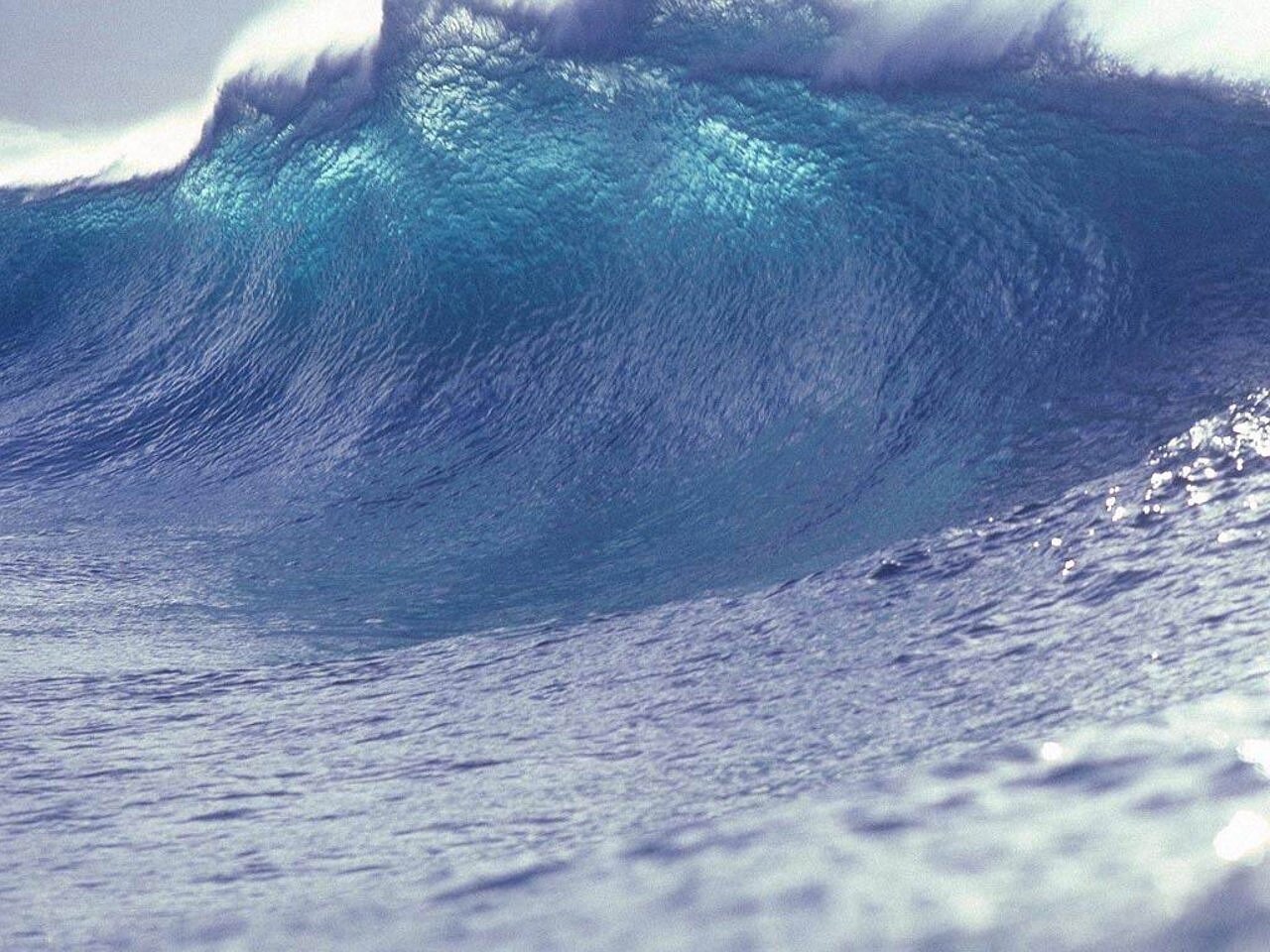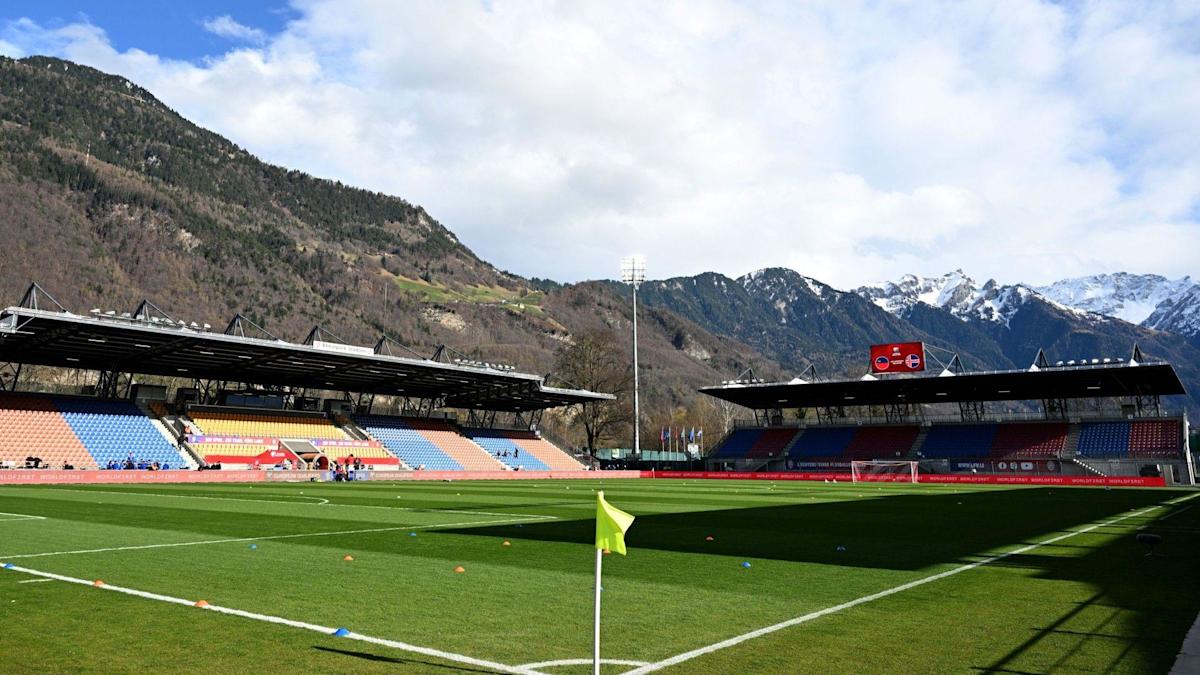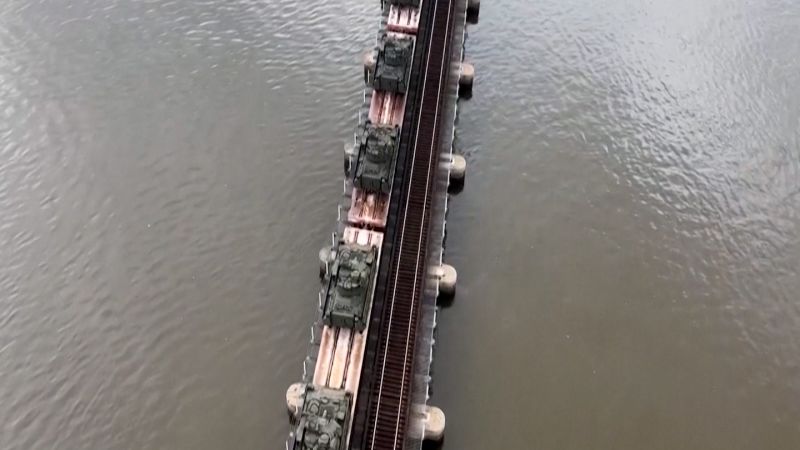California Tsunami Threat: Predicting The Areas Most At Risk

Welcome to your ultimate source for breaking news, trending updates, and in-depth stories from around the world. Whether it's politics, technology, entertainment, sports, or lifestyle, we bring you real-time updates that keep you informed and ahead of the curve.
Our team works tirelessly to ensure you never miss a moment. From the latest developments in global events to the most talked-about topics on social media, our news platform is designed to deliver accurate and timely information, all in one place.
Stay in the know and join thousands of readers who trust us for reliable, up-to-date content. Explore our expertly curated articles and dive deeper into the stories that matter to you. Visit Best Website now and be part of the conversation. Don't miss out on the headlines that shape our world!
Table of Contents
California Tsunami Threat: Predicting the Areas Most at Risk
A looming threat? Understanding California's vulnerability to tsunamis and identifying high-risk zones.
California, known for its stunning coastline and vibrant cities, faces a significant, albeit often overlooked, threat: tsunamis. While not as frequent as earthquakes, the potential devastation of a major tsunami event demands serious consideration and proactive planning. This article delves into the science behind tsunami prediction in California, pinpointing areas most at risk and exploring preparedness strategies.
Understanding the Tsunami Threat in California
California's location along the Pacific Ring of Fire, a highly seismically active zone, makes it vulnerable to tsunamis generated by both nearby and distant earthquakes. A rupture along the Cascadia Subduction Zone, a fault line stretching from northern California to British Columbia, poses the most significant threat. This megathrust earthquake could generate a devastating tsunami impacting the entire west coast. However, tsunamis can also be triggered by earthquakes closer to shore, undersea landslides, or even volcanic eruptions.
Areas Most at Risk:
Identifying specific high-risk areas requires a multifaceted approach, considering factors like proximity to the ocean, coastal topography, and the potential tsunami wave height. While the entire California coastline is susceptible, certain regions are deemed more vulnerable:
-
Northern California: Areas along the coast from Mendocino County to Humboldt County face a particularly high risk due to their proximity to the Cascadia Subduction Zone. Cities like Eureka and Crescent City are especially vulnerable to large waves.
-
Central California: Coastal communities in Monterey Bay and Big Sur, characterized by narrow bays and inlets, are susceptible to wave amplification, potentially increasing the impact of a tsunami.
-
Southern California: While the threat is arguably less immediate than in Northern California, Southern California is still vulnerable. Low-lying coastal areas in Los Angeles, Orange County, and San Diego could experience significant flooding and damage from a powerful tsunami. Areas with long, flat coastlines are particularly at risk.
Predicting the Unpredictable: Tsunami Warning Systems
The National Oceanic and Atmospheric Administration (NOAA) operates a sophisticated network of buoys and seismic sensors to detect tsunamis. The Pacific Tsunami Warning Center (PTWC) plays a crucial role in providing timely warnings to coastal communities. However, even with advanced technology, predicting the precise impact of a tsunami remains challenging. The height and speed of waves can vary significantly depending on several factors, including the earthquake's magnitude, location, and the seafloor topography.
Preparing for the Inevitable: Community Resilience and Personal Preparedness
Understanding the risk is the first step. Effective tsunami preparedness involves a combination of community-level strategies and individual actions:
- Community-level planning: Local governments play a key role in developing evacuation plans, establishing warning systems, and promoting public awareness.
- Individual preparedness: This includes creating a family emergency plan, assembling an emergency kit, identifying evacuation routes, and understanding local warning signals.
Conclusion:
While the exact timing and magnitude of the next significant tsunami affecting California remain uncertain, the potential for catastrophic damage is undeniable. By investing in advanced warning systems, improving community preparedness, and educating the public about tsunami risks, California can significantly mitigate the potential impact of this formidable natural hazard. Understanding the specific risks within different regions is crucial for effective disaster planning and response. The threat is real, but with proactive measures, communities can enhance their resilience and safeguard lives and property.

Thank you for visiting our website, your trusted source for the latest updates and in-depth coverage on California Tsunami Threat: Predicting The Areas Most At Risk. We're committed to keeping you informed with timely and accurate information to meet your curiosity and needs.
If you have any questions, suggestions, or feedback, we'd love to hear from you. Your insights are valuable to us and help us improve to serve you better. Feel free to reach out through our contact page.
Don't forget to bookmark our website and check back regularly for the latest headlines and trending topics. See you next time, and thank you for being part of our growing community!
Featured Posts
-
 Vaduzs Sunshine A Welcome Sight For Scots Seeking Warmth
Jun 10, 2025
Vaduzs Sunshine A Welcome Sight For Scots Seeking Warmth
Jun 10, 2025 -
 Whoopi Goldbergs Outburst The View Hosts Divided On Musk Trump Romance
Jun 10, 2025
Whoopi Goldbergs Outburst The View Hosts Divided On Musk Trump Romance
Jun 10, 2025 -
 Liechtenstein Vs Scotland International Friendly Head To Head Stats And Preview
Jun 10, 2025
Liechtenstein Vs Scotland International Friendly Head To Head Stats And Preview
Jun 10, 2025 -
 Convicted Nhs Doctor Ordered To Pay 400k Or Face Lengthier Jail Term
Jun 10, 2025
Convicted Nhs Doctor Ordered To Pay 400k Or Face Lengthier Jail Term
Jun 10, 2025 -
 Ahead Of D C Parade Aerial Footage Captures Arrival Of Military Tanks
Jun 10, 2025
Ahead Of D C Parade Aerial Footage Captures Arrival Of Military Tanks
Jun 10, 2025
Latest Posts
-
 Did The View Miss The Mark Hosts Face Criticism For Ignoring Trump Musk Drama
Jun 10, 2025
Did The View Miss The Mark Hosts Face Criticism For Ignoring Trump Musk Drama
Jun 10, 2025 -
 The Views Trump Musk Feud Discussion Whoopi Goldbergs Sharp Criticism
Jun 10, 2025
The Views Trump Musk Feud Discussion Whoopi Goldbergs Sharp Criticism
Jun 10, 2025 -
 Scotlands Doohan Pre Debut Words From Manager Clarke
Jun 10, 2025
Scotlands Doohan Pre Debut Words From Manager Clarke
Jun 10, 2025 -
 Report Cincinnati Bengals To Part Ways With Germaine Pratt
Jun 10, 2025
Report Cincinnati Bengals To Part Ways With Germaine Pratt
Jun 10, 2025 -
 Hen Party Tragedy Turns To Triumph Couple Marries Despite Brides Paralysis
Jun 10, 2025
Hen Party Tragedy Turns To Triumph Couple Marries Despite Brides Paralysis
Jun 10, 2025
